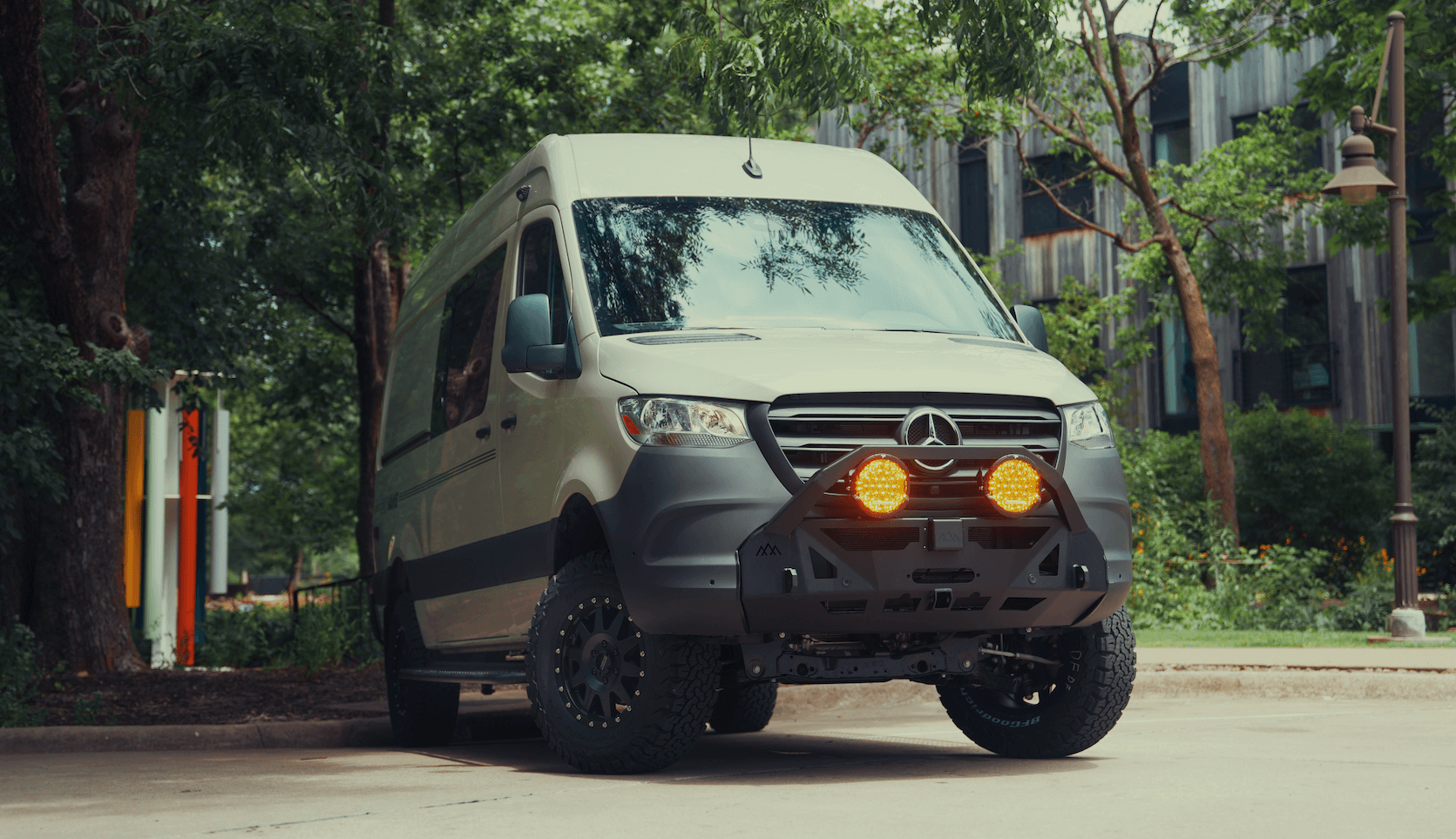Recreational Vans

Van life coaching gives structure to a dream that often starts with scattered notes and a long list of gear. A good coach begins with clarity. Why are you traveling, how long, with whom, and what does a normal week look like on the road. From there, you turn vague goals into a timeline, a budget, and a set of skills to practice before launch.
Coaching blends planning with field tested habits. Instead of buying equipment first, you map out use cases. Hot summers, shoulder seasons, mountain winters, urban overnights, deep forest boondocking. Each scenario drives different decisions for power, insulation, water, and storage. The right plan reduces weight, cost, and complexity while protecting comfort.
Common deliverables include:
Budget is where many travelers either overbuild or under plan. A coach helps you separate fixed costs from variable ones and build a reserve for repairs. Fuel and food swing with location and season. Campsite fees change with demand. The key is to forecast a range, then add a buffer so surprises do not derail the trip.
Safety is both preparation and mindset. You learn how to plan arrivals in daylight when possible, park with an exit path, and read a scene before committing. That pairs with practical skills like tire repair, jump starting, and using recovery boards on soft ground. Inside the cabin, secure heavy items, label shutoffs, and install smoke and carbon monoxide detectors.
Off grid power is a frequent stress point. Coaching focuses on energy balance. First you measure loads for refrigeration, fans, laptops, routers, and lights. Then you size your battery bank, solar array, and alternator charging to match your actual needs. Ventilation and shade reduce cooling demands. For cold weather, safe heat sources and moisture control keep living spaces dry and comfortable.
Remote work changes everything. You need consistent connectivity, ergonomic seating, and a power plan that handles long calls and data heavy tasks. A coach helps you test mobile internet options and coverage maps along planned routes. Redundancy matters. Two carriers and an external antenna outperform a single hotspot in marginal areas.
Daily rhythm is where trips become sustainable. That includes movement, healthy meals, and mental rest. Short resets like a 20 minute walk while the kettle boils are small, reliable wins. Weekly chores such as laundry, deeper clean up, and vehicle checks prevent cascading issues. A steady routine also keeps navigation and camp scouting on schedule, which reduces stress.
Community is the antidote to isolation. Meetups, skill workshops, and regional groups give you local knowledge and friendly faces along the way. A coach can suggest events and routes that match your interests, whether mountain biking, paddling, climbing, or photography. Shared camp nights become a classroom for better tools and safer practices.
A solid plan is powerful. Pair it with a well built rig and the learning curve flattens fast. If you are ready to turn your plan into a capable cabin on wheels, explore our custom path. Start by browsing our Recreational vans lineup to see layouts that fit solo travelers, pairs, and families. Visit Recreational vans.
If you want a ground up experience that matches your priorities for storage, sleep, power, and long range travel, review our Custom build van process. We listen first, build second, and deliver in Fayetteville, Arkansas with a hands on handoff at Adventure Point. Looking for an option that aligns with finance goals and book value. Our Mainstream vans page outlines platforms that make sense for many travelers.
What we do:
You have the plan. Now get the platform that makes it easy to live it. Tell us how you travel and we will build the right rig, test every system, and guide your first nights at our on site lounge and campsites. Share your goals and timeline and we will map your path to the road.
Ready to skip guesswork and start strong? Tell us how you travel and we will design the right custom van and handoff experience in Fayetteville, Arkansas. Our team builds, tests, and delivers road proven rigs, then walks you through every system at Adventure Point. Fill out the form to book a consult and get your personalized road map.
ADDRESS:
6159 E Huntsville Rd, Fayetteville, AR 72701
PHONE:
(479) 326-9200
EMAIL:
info@ozkvans.com